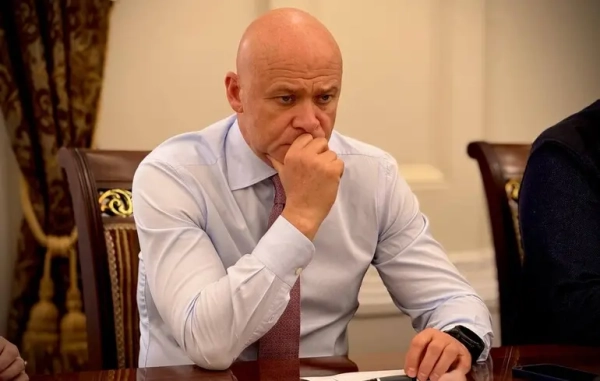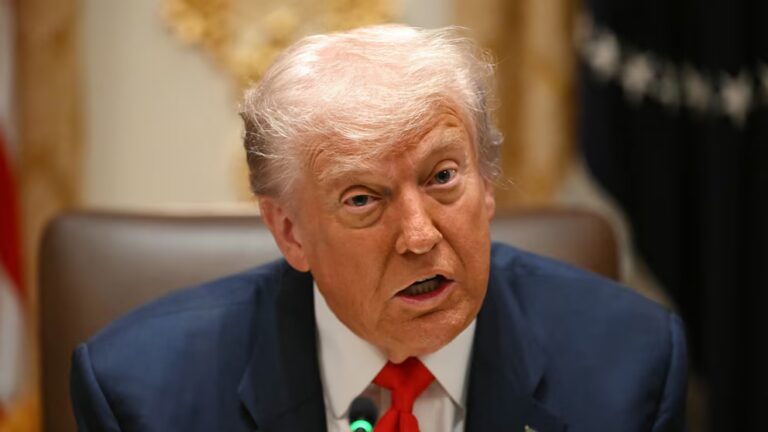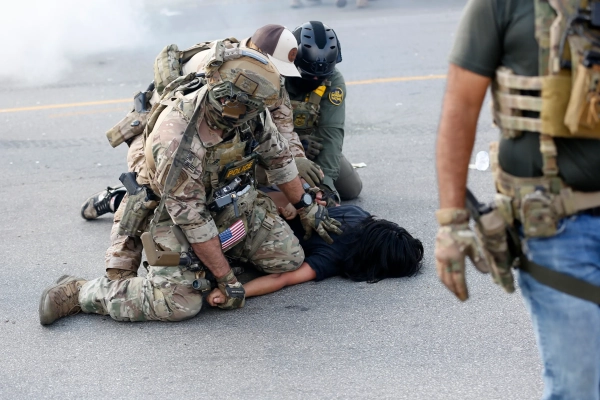Former President Donald Trump's early legal defense is coming into focus after he was hit with another federal indictment, this time in connection to his efforts to remain in power after his 2020 election loss.
Trump faces four felony charges, among them conspiracy to defraud the U.S. and obstruction of an official proceeding, in the Jan. 6 case brought by special counsel Jack Smith. The former president has denied wrongdoing and pleaded not guilty.
Emerging as key issues in the case are intent and free speech.
MORE: Trump hit with sweeping indictment in alleged effort to overturn 2020 election
Trump's lawyers have asserted Trump has always believed the 2020 election was stolen and had a First Amendment right to say so.
Smith anticipated those defenses in his 45-page indictment, legal experts told ABC News as they weighed in on the case.
Trump's state of mind
"The majority of the indictment is trying to establish Trump's knowledge that he lost the election and his intent to overturn the election results," said Neama Rahmani, a former federal prosecutor and president of West Coast Trial Lawyers.
Smith uses the term "knowingly" more than 30 times in the indictment as he alleges Trump undertook a "criminal scheme" to remain in power despite being well aware his statements about fraud were lies.
John Lauro, one of Trump's attorneys, pushed back on Fox News that he would "like them to try to prove beyond a reasonable doubt that Donald Trump believed that these allegations were false."
Trump's state of mind around Jan. 6 has long been debated, and he continues today to spread false allegations about the presidential race.
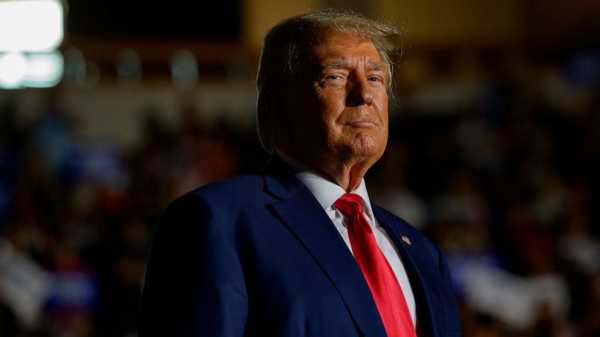
Former U.S. President Donald Trump enters Erie Insurance Arena for a political rally while campaigning for the GOP nomination in the 2024 election on July 29, 2023 in Erie, Pa.Jeff Swensen/Getty Images
"Intent is often inferred, or often showed by circumstantial evidence,” said Sarah Krissoff, a former federal prosecutor and current defense attorney. “It's hard to know what's in someone's brain unless they tell you that, so often you have to infer intent from somebody's actions or from other evidence."
Prosecutors described a litany of people who allegedly told Trump there was no evidence of fraud and that he had lost in the indictment, writing Trump "was notified repeatedly that his claims were untrue—often by the people on whom he relied for candid advice on important matters, and who were best positioned to know the facts—and he deliberately disregarded the truth."
They also laid out alleged instances where Trump appeared to acknowledge the loss, stating he told one of his administration officials it was "too late for us" and to leave a problem "to the next guy." In another moment, they said, Trump told then-Vice President Mike Pence he was "too honest" as Pence ignored his overtures to reject the election results.
MORE: What's in the Jan. 6 Trump indictment
Randall Eliason, a law professor at George Washington University and a former assistant U.S. attorney, said the issue of intent goes beyond whether Trump simply thought he lost the election.
"Here's an example: I honestly believe my bank has ripped me off and stole my deposit money. That's a sincerely held belief, but it doesn't mean I could go to the bank and rob the bank. It's not an excuse," Randall said. "Just if you think your cause is righteous, that doesn't mean you have to break the law in response to try to fix it."
As for Trump's possible defense that he was relying on advice from counsel in the aftermath of the election, Eliason noted it won't help that the "co-conspirators" referenced by Smith in the indictment are likely the very attorneys who drove Trump's efforts to remain in power — including Rudy Giuliani and John Eastman.
"You don't get to engage in a criminal conspiracy with people who happen to have a law degree and then claim therefore you're immune," he said. "So even where advice of counsel is a defense, it has to be in good faith."
First Amendment
Lauro, in his interview with Fox News, contended the indictment was an "assault" on the First Amendment.
But according to a former Assistant U.S. Attorney Kevin O'Brien, Smith "took the wind out of" that argument in the opening pages of the indictment.
"The Defendant had a right, like every American, to speak publicly about the election and even to claim, falsely, that there had been outcome-determinative fraud during the election and that he had won," the indictment read, noting Trump did take his case to the courts and resoundingly lost.
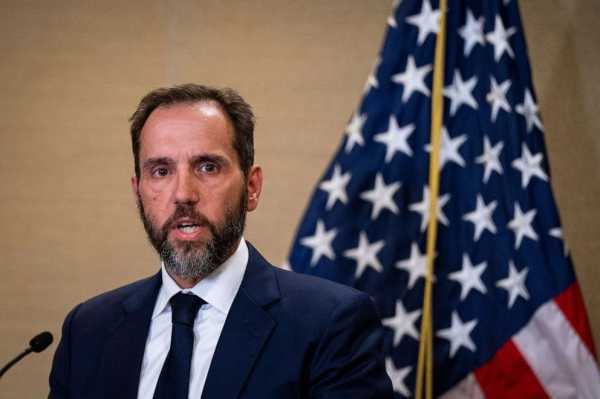
Jack Smith, US special counsel, speaks during a news conference, Aug. 1, 2023, in Washington.Al Drago/Bloomberg via Getty Images
"He had every citizens' First Amendment right to criticize the election in harsh personal terms if you wanted to," O'Brien explained. "But that didn't translate into a right to persuade other people to interfere with a lawful government function and to lie to people in order to make that happen. That's not allowed. That's called breaking the law."
MORE: How Trump could challenge the Jan. 6 indictment
Other legal experts were also suspicious a free speech argument would hold water.
"I think the Department of Justice would say that there's a big difference between standing up on a street corner and expressing your views on something and entry into this agreement with others to achieve these alleged illegal outcomes," Krissoff said.
Sourse: abcnews.go.com
